Just because we don’t talk about something, it doesn’t mean it’s not there. In my work as a couples therapist, and as a professor who trains people to do couple therapy, I have found a relationship dynamic that often gets overlooked. We do not talk nearly enough about the impact of power on our romantic relationships.
It is understandable to feel uneasy talking about power dynamics these days, as our news cycle is filled with story after story about (mostly) men carrying out gross abuses of power against (mostly) women and girls. If you were to ask a couple, “Who has the power in your relationship?” they would most likely respond, “We both do!” Most of us pride ourselves on creating egalitarian romantic relationships, and, especially when it comes to gender, we are mostly walking the talk.
Historically, traditional divisions of labor created power imbalances along gender lines by reifying a marital model of a male breadwinner and a female homemaker. The person with the paycheck had the power! Because of meaningful social change (some by choice, some by necessity), heterosexual relationships are far more egalitarian today than they were a generation or two ago.
Related: Why Vulnerability Is So Important For Healthy Relationships: 3 Reasons
In fact, a full 40% of households are run by a female breadwinner! And same-sex couples are even more egalitarian than heterosexual couples when it comes to power.
Power dynamics are about more than just a paycheck. And power dynamics can feel tricky to talk about. ..
…but you really should!
The definition of power is simple. Power is the ability or capacity to do something. Power is agency. Power is about your ability to have an effect on the world around you, including your partner.
Micro-Exchanges Of Power
Over the course of a day, there are numerous micro-exchanges of power between you and your partner. Your partner asks, “Where do you want to eat?” You reply, “Let’s go get sushi.”
- If your partner agrees to sushi, your partner has just given you the power to decide where the two of you will have dinner.
- If your partner responds, “Nah, I feel like pizza,” you and your partner are now in a power struggle, one in which you will each attempt to influence each other.
When you think about these micro-exchanges of power, you may be able to identify one of you who tends to lead and one of you who tends to follow. Maybe it’s based on personality—one partner is strong-willed and one partner easy-going.
Maybe it’s based on birth order—one partner was an only child who was used to getting their way and one partner was the youngest of four who was used to accommodating their older siblings.
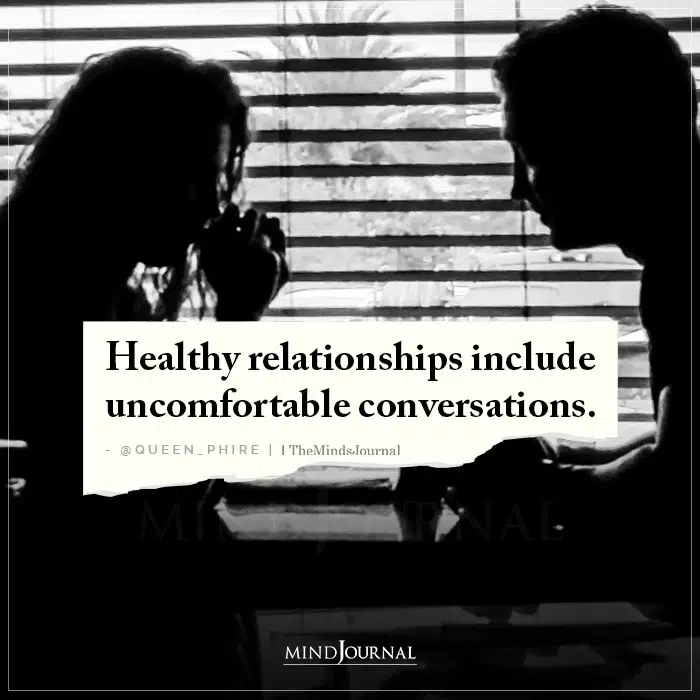
Keep in Mind:
These micro-exchanges of power may be just the background noise of your relationship, but to prevent painful struggles around power, proceed with awareness. If one of you tends to lead and one tends to follow, notice that and be mindful.
If the leading partner feels weary of decision-making, ask the following partner to make the next plan. If the following partner feels edged out, ask the leading partner to step back to make space for shared decisions.
Related: 12 Common Habits In Healthy Relationships Every Couple Swears By
Proceed With Awareness
Power dynamics are present in our romantic relationships in part because life is a series of shared decisions, great and small. But there’s something else. Power dynamics are present in our intimate relationships because we bring all the parts of who we are into the relationship, including our cultural identities:
- Race
- Gender
- Religion
- Age
- Socioeconomic status (SES)
- Skin color
- Education
- Ability
In all likelihood, your relationship is cross-cultural along with one or more of these domains. It’s so important that you and your partner understand how cultural differences affect your relationship because these differences matter.
As a culture, we have yet to figure out how to treat difference as difference. Instead, we load cultural differences with privilege. So for every cultural identity variable listed above, there is a culturally prescribed higher value/privilege/status and a culturally prescribed lower value/privilege/status. With greater privilege and status comes greater power.
Here’s an example. Albert, an African-American man from a wealthy family, is married to Rose, a white woman from a working-class family. Albert and Rose pride themselves on sharing power in their relationship in ways that are equitable, yet they are aware that their cultural identities shape their experiences of power in the world and by extension in their home.
Albert experiences the enhancement of power that comes with being male and being from a wealthy family, and he must deal with the diminishment of power that comes with being African-American. Rose experiences the enhancement of power that comes with being white, and she must deal with the diminishment of power that comes with being a woman and being from a working-class family.
Keep in Mind:
Like Albert and Rose, you and your partner probably bring cultural differences into your romantic relationship. Even with the power dynamics they bring, cultural differences are avenues for increased empathy and compassion when approached with awareness.
Here are a few suggestions:
- Don’t be afraid to talk about the cultural differences between the two of you.
- Commit to exploring the difference without judging the difference.
- Stay curious about how cultural differences (and the inherent power differences that accompany the difference) shape your perspective on a decision, a conflict, or an experience.
- Avoid assumptions by asking questions.
Related: The 7 Fundamental Elements Needed In A Healthy Relationship
Where To Begin: The Four Questions
Power dynamics are inevitable in a romantic relationship, but problems arise when:
- Power dynamics feel too dangerous to talk about.
- Power dynamics are too rigid to meet the shifting and changing needs of the relationship.
- Power dynamics are insisted upon by one partner to exert control over the other partner.
If you are curious about unpacking the power dynamics that are at work in your relationship, start by talking with your partner about these four questions, which are based on the work of Dr. Carmen Knudson-Martin and Dr. Anne Rankin Mahoney (2009):
- Who defines what is important?
- To what extent does each partner notice and attend to the other’s needs and emotions?
- Is one partner more likely to organize his or her daily activities around the other?
- Does one person’s sense of competence, optimism, or well-being seem to come at the expense of the other’s emotional or physical health?
It’s time to talk about how power dynamics shape the space between you and your partner. Be curious enough and flexible enough to figure out what works for both of you!
Learn to create the healthy, thriving intimate you’ve always dreamed of with Alexandra’s Intimate Relationships 101 E-course.
Written By Alexandra Solomon Originally Appeared On Psychology Today
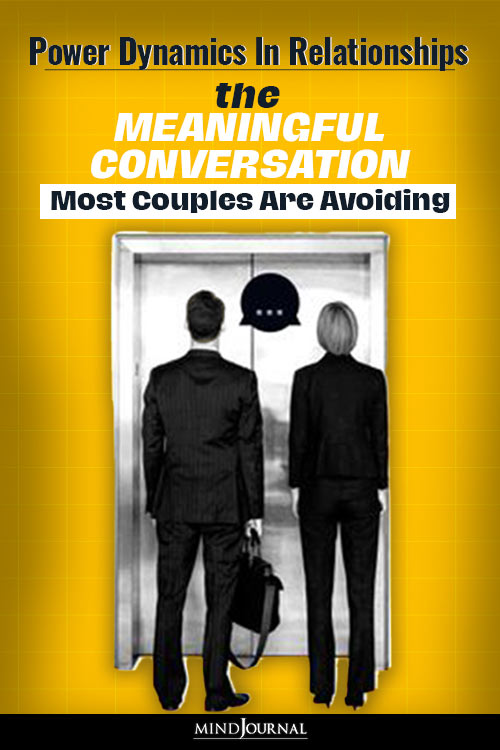
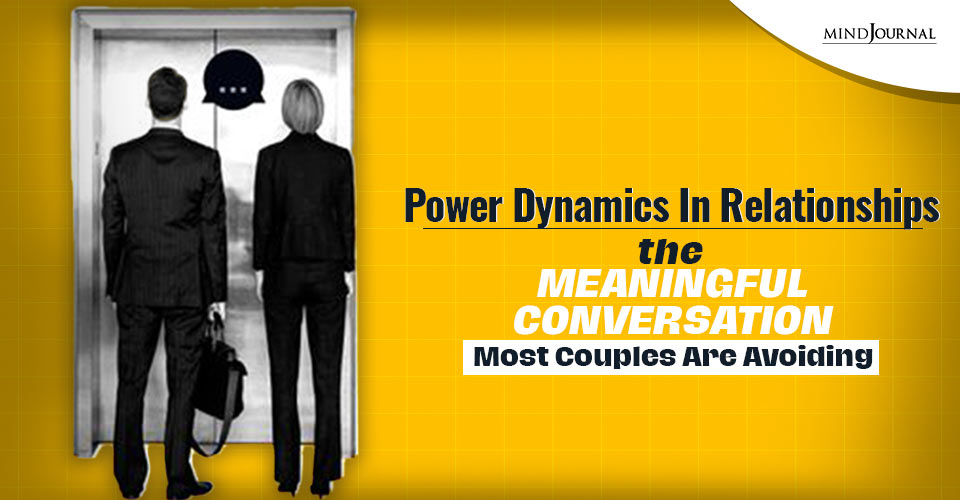
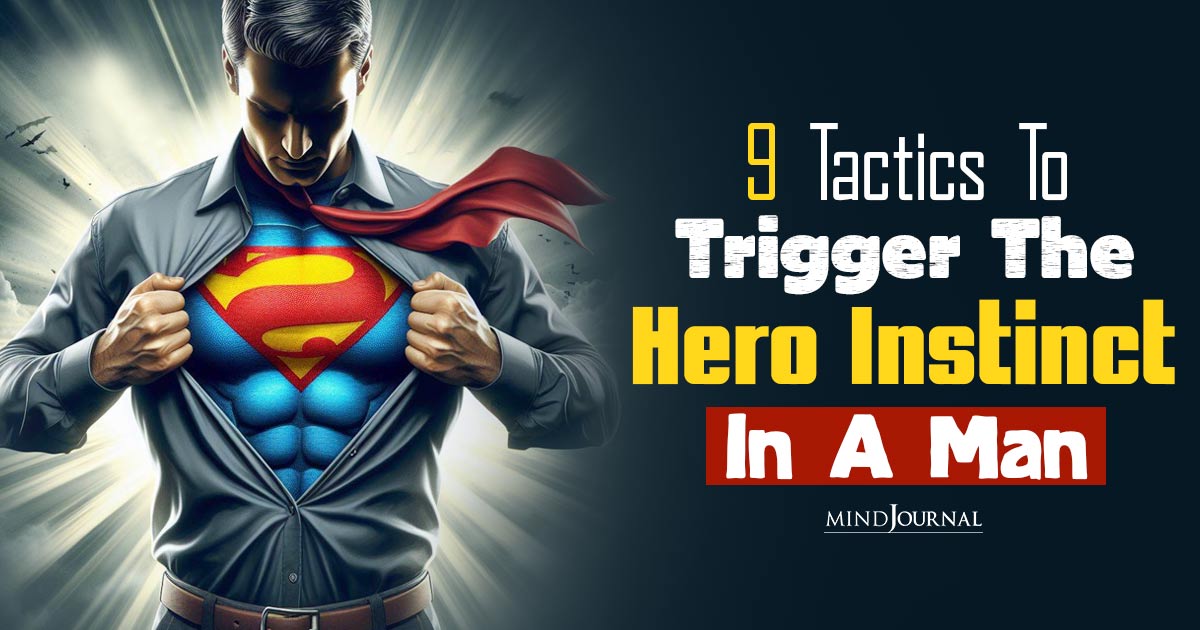
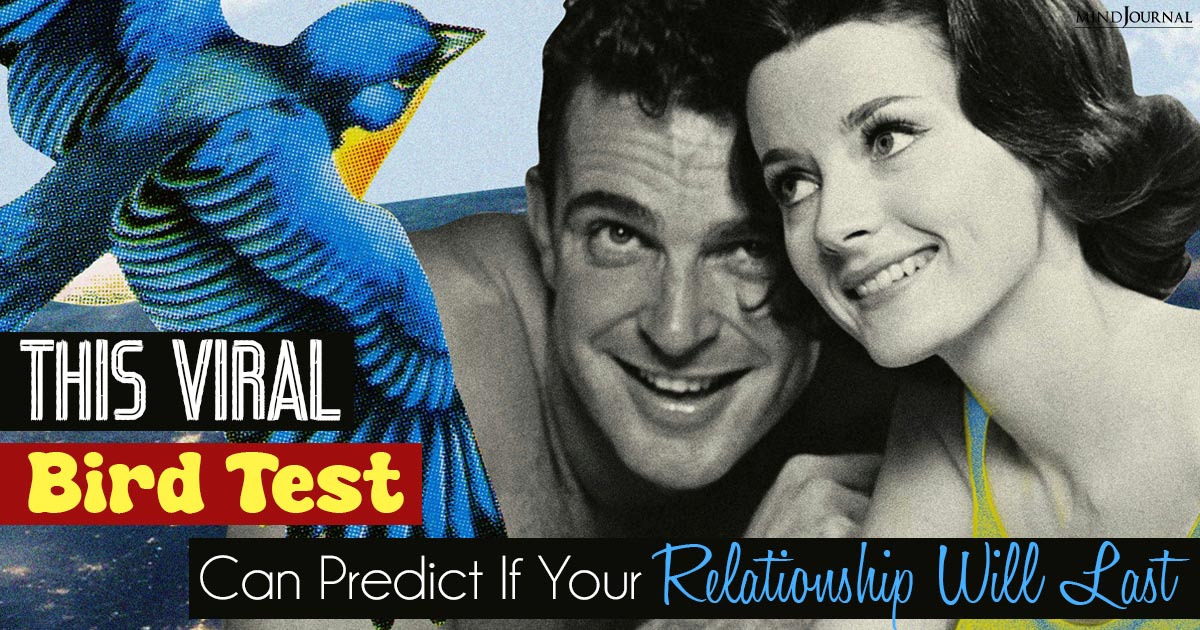

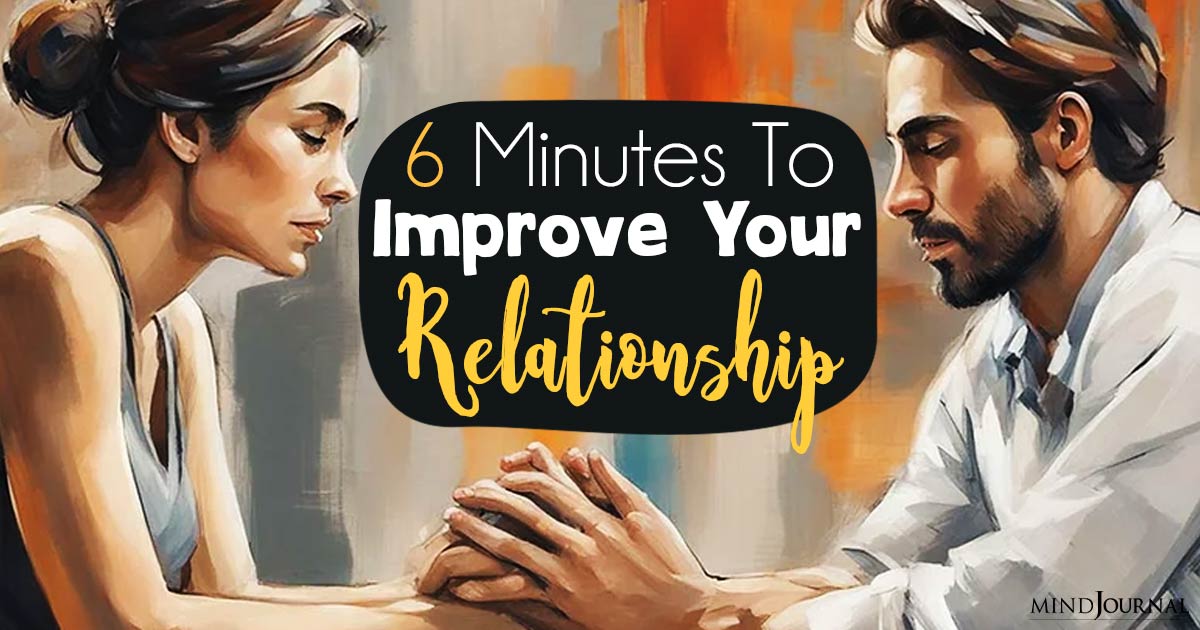
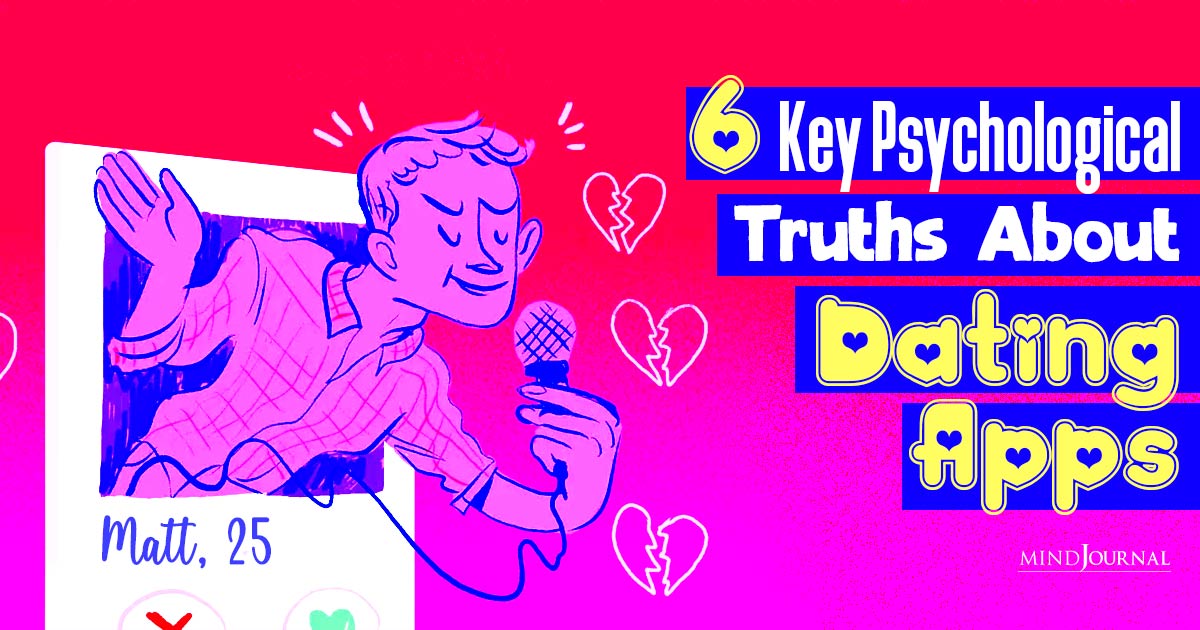
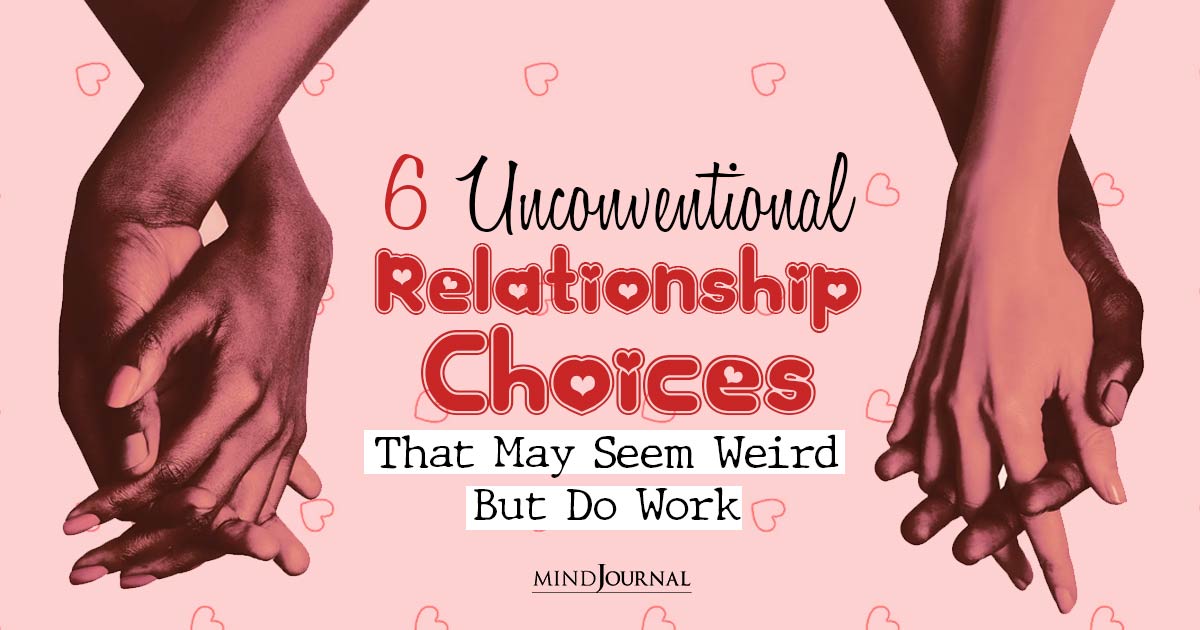
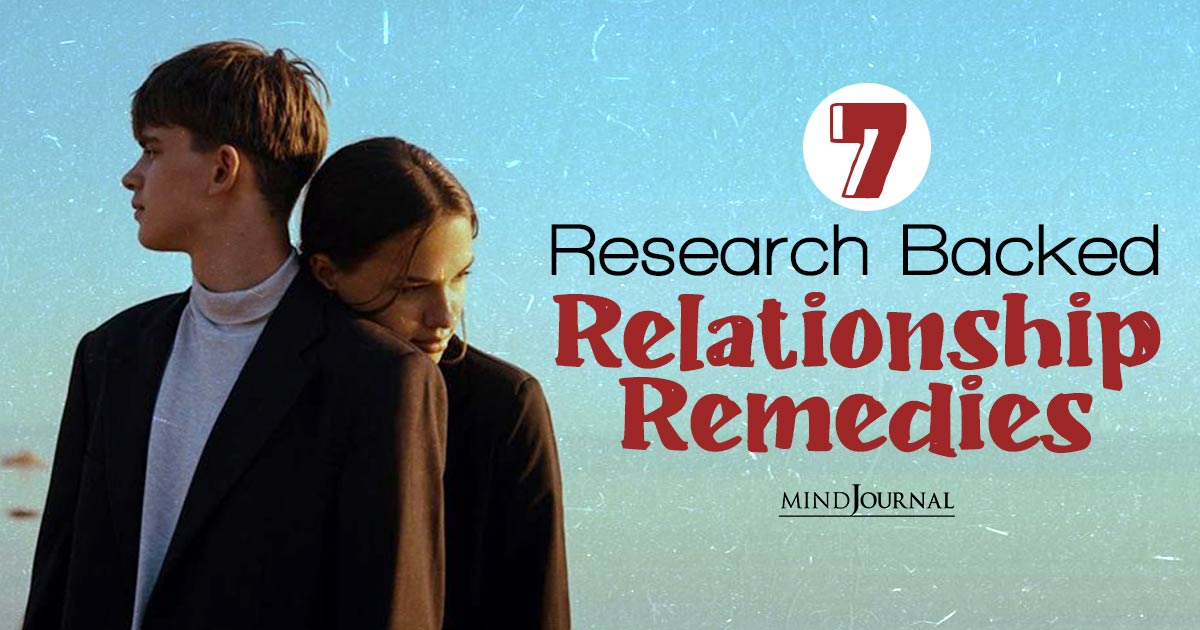
Leave a Reply
You must be logged in to post a comment.